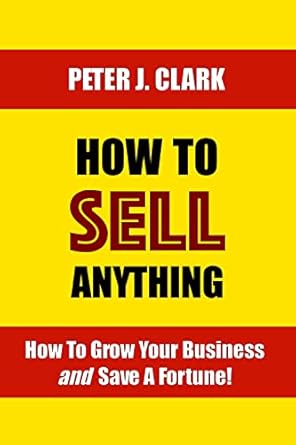Bad customer experiences cost America US$75bn a year
Brands aren't creating positive experiences that drive customer loyalty
U.S. companies are losing a very significant US$75 billion a year due to poor customer experiences, and even this represents a US$13 billion-a-year increase from 2016, according to research from cloud contact center and inside sales technology provider NewVoiceMedia.
According to the study, the US has progressed as a nation of "serial switchers" - consumers quick to abandon one company for another - with the number of respondents leaving a business due to inadequate customer experiences increasing by 37% since NVM's 2016 study.
The survey, based on independent research among 2,002 adults from the United States, found that top reasons for leaving included:
- feeling unappreciated (40%)
- not being able to speak to a person (33%)
- being passed around to multiple agents (30%)
- being put on hold for too long (28%)
In fact, some 17% had such low expectations of the customer experience that they didn't even bother contacting support about their service issue before switching companies.
An overwhelming majority - 86% - of respondents said that if they felt they'd made a positive emotional connection with a customer service agent, they'd be more likely to do business with that company again. However, on average, consumers felt emotional connections with just 30% of companies they'd done business with over the last year.
Calling out the contact centers
Nearly half of respondents (48%) indicated calling as their preferred method of communication with a business and 56% considered calls to be the quickest way of resolving an issue. However, consumers flagged having to repeat information to multiple agents as the top reason (43%) they dislike calling companies.
Consequently, only 27% suggested calls were the most effective way of resolving an issue. Social media (21%) and email (11%) were other channels touted as "effective" in settling customer service issues.
How customers respond
Faced with poor customer service, 39% would never use the offending company again, 37% would change suppliers, 36% would write a complaint email/letter, 28% would post an online review and 26% would complain publicly via social media. Only 7% would take no action.
On the contrary, if provided with good service, respondents would be more loyal (66%), recommend the company to others (65%), spend more money (48%) and use the business more frequently (39%).
In an era of empowered and ultra-connected consumers, being able to contact a company through any channel was rated as the top driver of feeling emotionally connected to a brand (43%). This supports research from the Aberdeen Group, which found that companies that excel in engaging customers across channels can retain nearly three times as much business as those without an omni-channel strategy.
Martin Hill-Wilson, customer engagement strategist and founder of Brainfood, said, "Emotive customer experience recognizes that our decisions are driven by deep seated motivations: the things that really matter to us in terms of identity and personal fulfilment. Tap into these, and customers become more valuable in every respect: from advocacy to lifetime spend."
"With revenue being transferred between companies at an alarming rate, this research shows how those that compete on the basis of customer delight can drive the acquisition, retention and efficiency that make leading businesses successful," comments Dennis Fois, CEO of NewVoiceMedia. "In today's Age of the Customer, personal, emotive customer interactions play a critical role in bridging the gap for what disruption and digital innovation alone cannot solve. For brands to compete - and win - in CX in 2018 and beyond, service leaders must ensure their teams optimise processes and communication in ways that create positive emotional experiences for customers."
Sources: NewVoiceMedia / The Marketing Factbook.
Copyright © 2018 - 2025 The Marketing Factbook.
Categorised as:
- Customer Experience
- Customer Loyalty
- Knowing The Customer
- Marketing Know-How
- Marketing Technology
